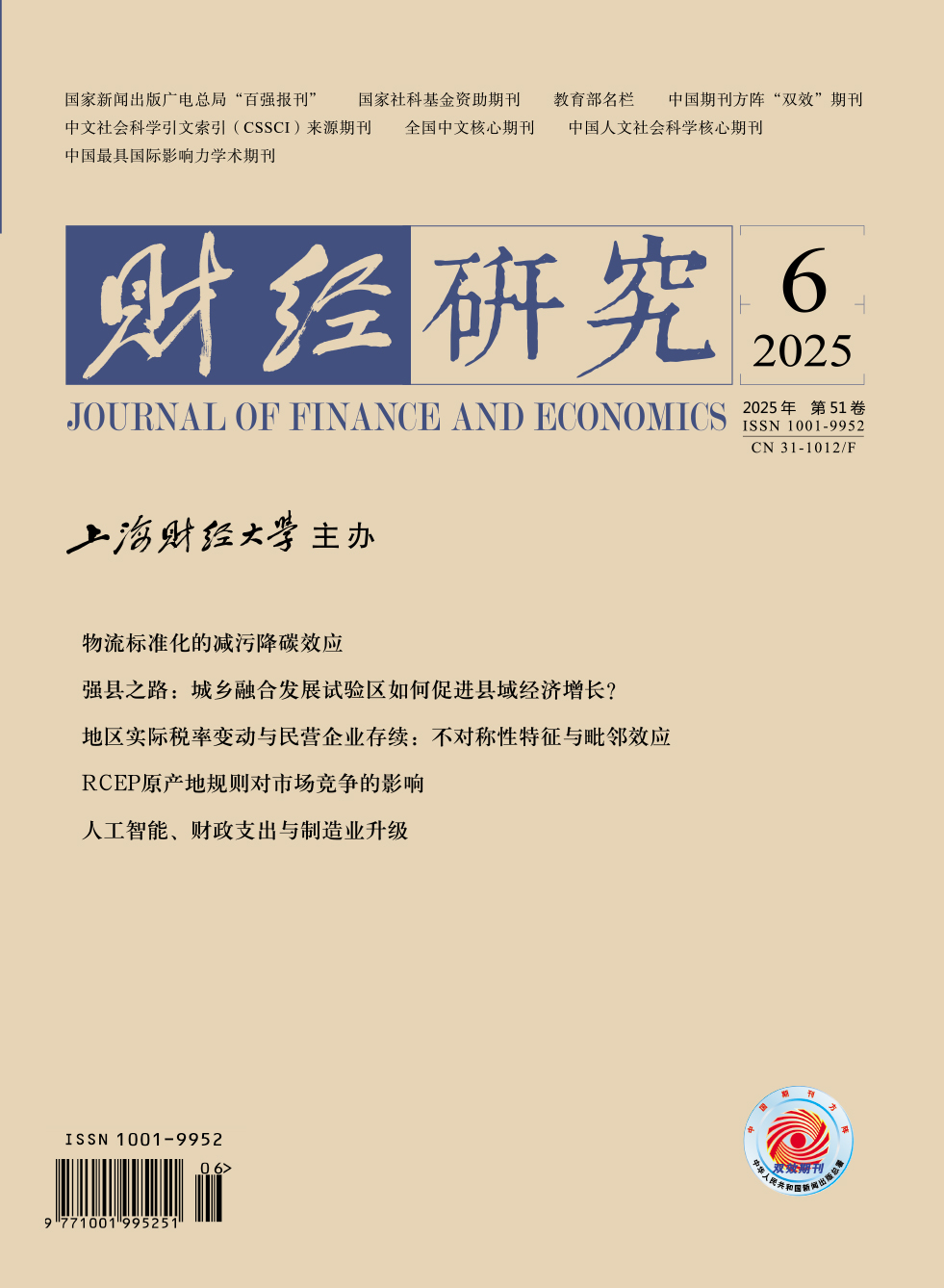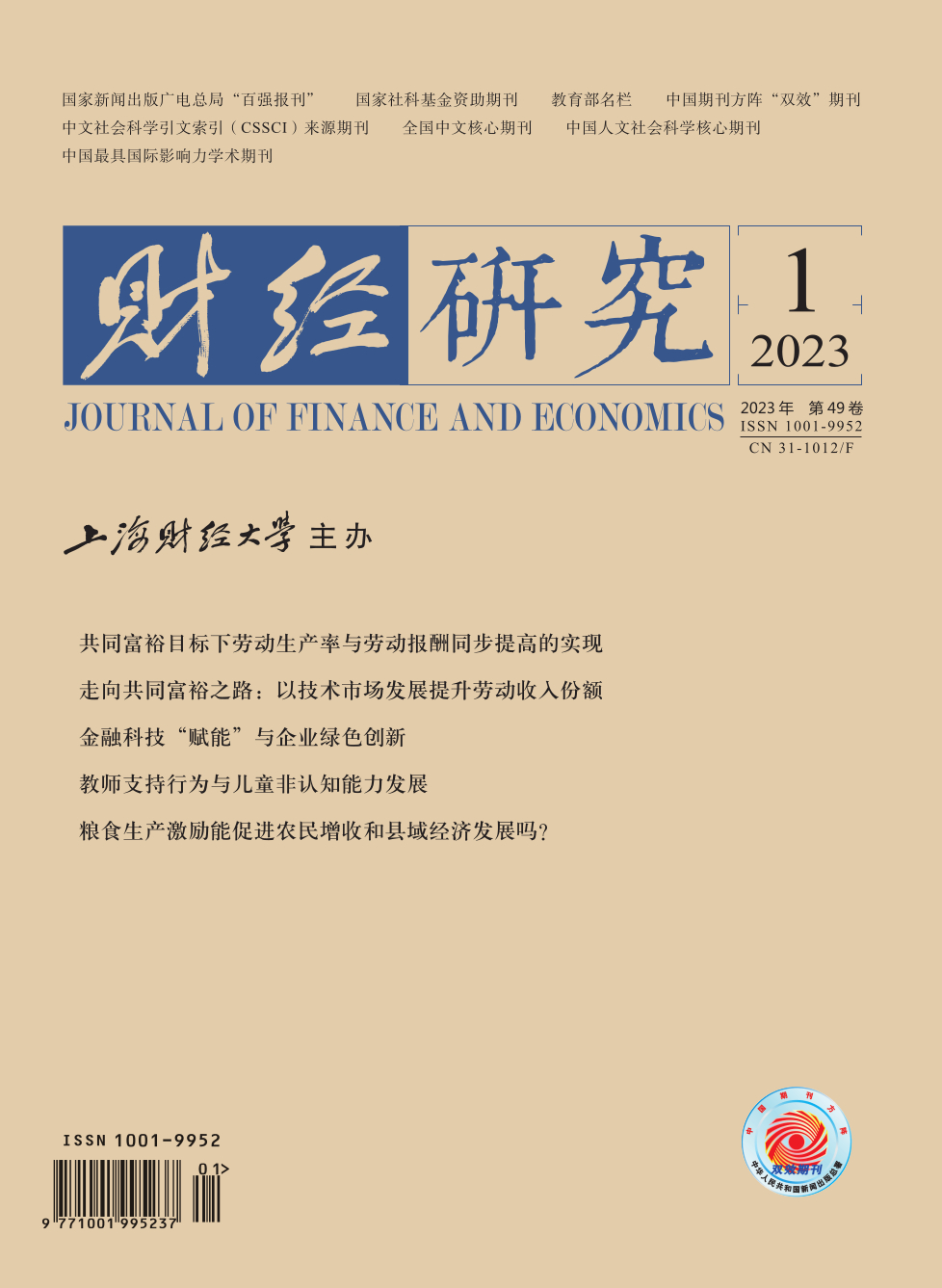In recent years, China has constructed the green financing system, in which green credit is the largest component, to stimulate the green innovation of enterprises. However, green credit is plagued by information asymmetry in the allocation process. Since the beginning of new technology revolution, Fintech has developed rapidly and its role in alleviating information asymmetry provides better financing environment for green credit to promote green innovation. This paper discusses the impact of Fintech on enterprise green innovation. During the critical period when China’s economy is stepping into green transformation, clarifying the relationship between them is of great practical significance to the business deepening of financial institutions, the green transformation and upgrading of industries, and the realization of China’s strategic goals of “carbon peak” and “carbon neutrality”.
Using the data of A-share listed companies from 2011 to 2018, this paper measures the regional Fintech level by the number of Fintech companies in prefecture-level cities with standardized GDP, and explores the micro enterprise effect of Fintech “enabling” from the perspective of green innovation. The results show that: First, Fintech can significantly promote the green innovation of enterprises. The higher the development level of regional Fintech, the more green patent output of enterprises. This conclusion is still robust after using the instrumental variable regression and DID estimation to alleviate endogeneity. Second, Fintech mainly promotes the green innovation activities of enterprises by easing credit rationing and increasing credit supervision, which is reflected in the significant improvement of the allocation efficiency of green credit and the effectiveness of green investment efficiency. Third, in regions with a high level of environmental regulations and a large number of financial institutions, highly polluting industries and enterprises with high financing constraints, the role of Fintech in promoting green innovation is more obvious.
Based on the above findings, this paper provides the following policy insights: First, policymakers should improve the regulation design of Fintech. Second, financial institutions should integrate Fintech and their own business. Third, the government of each region should invest more on Fintech infrastructure. Moreover, regulators should create an inclusive and prudent regulatory mechanism for Fintech innovation.
This paper makes the following contributions: First, a lot of studies focus on the incentive of environmental regulations on green innovation. However, this paper explores the impact of this pure market-oriented factor on green innovation, and enriches the research literature on green innovation. Second, this paper improves the measurement of Fintech, so that the measurement error is smaller and the empirical result is more reliable. Third, based on the micro banking theory, this paper verifies the “enabling” effect of Fintech on green innovation, which can not only improve the efficiency of credit allocation, but also strengthen the post-loan supervision. Fourth, this paper explores the heterogeneity from region, industry and enterprise, and discusses the effect of Fintech on green innovation from multiple levels.





 6422
6422  8028
8028

